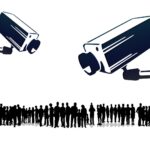The Jewish people stand at the precipice of a glorious future, our hearts ignited by the promise of a destiny unburdened by the shackles of mismanagement and the stifling weight of bureaucratic mediocrity.
Our heritage—a vibrant mosaic of divine wisdom, unyielding resilience, and boundless creativity—calls us to rise, to forge a nation that radiates pride, hope, and a breathtaking vision of what we can achieve when guided by leaders who embody the timeless models of Jewish leadership.
Freed from the confusion, waste, and greed of poor governance, and liberated from the byzantine barbarism of bureaucracy, we can harness our rich tradition, talents, and divine calling to create a society that shines as a beacon of holiness and harmony, a light unto the nations.
Through the lens of our sacred texts, historical exemplars, and contemporary reflections, let us explore the leadership models that will guide us toward this radiant future:
Confession and Renewal: The Leadership of Accountability
Our meditation begins with a courageous reckoning, as Rabbi Avi Grossman articulates with appropriate urgency. Like Joseph’s brothers, who ignored his pleas and cast him into a pit, we have too often failed our brethren, appointing leaders careless of G-d’s will, neglecting to secure our land, and allowing our enemies’ shadow to persist.
Yet, in confession lies liberation. Grossman’s call to repentance—“Forgive us, our Father, for we have sinned; pardon us, our King, for we have transgressed”—echoes the leadership model of Moshe, who stood before G-d to atone for Israel’s sin at the Golden Calf (Exodus 32:30-32). A true Jewish leader acknowledges communal failures, takes responsibility, and seeks divine forgiveness to renew the nation’s covenant.
This model demands humility and accountability, qualities that contrast sharply with the arrogance and godlessness of modern bureaucracies. By embracing leaders who confess and correct, we lay the foundation for a future where justice, unity, and sanctity flourish.
The Spiritual Compass: Visionary Leadership for a Modern Age
To navigate the deluge of primitive modernity, we turn to the visionary leadership of the Rebbe Rayatz, Rabbi Yosef Yitzchak Schneersohn, whose six-point spiritual compass offers a blueprint for guiding humanity through a world awash in technological marvels and moral peril.
His model, rooted in Torah and kindness, calls for leaders who inspire self-mastery over worldly temptations, foster deep intellectual contemplation, and uphold G-d’s commandments with unyielding devotion.
Like King David, who united Israel through his faith and integrity (Psalms 78:70-72), the Rebbe’s leadership emphasizes prayer, self-scrutiny, and a selfless connection to the Creator. This is not the sterile management of bureaucrats but the soulful guidance of shepherds who anchor their people to eternal truths. In a society where technology tempts us to confuse simulation with existence, such leaders will ensure our collective power serves benevolent ends, transforming tools of progress into vessels of holiness.
The Living Community: Participatory Leadership in Action
Rabbi Samson Raphael Hirsch paints a vivid portrait of a living Jewish community, pulsating with the energy of every member’s voice and passion. His leadership model rejects the “graveyard” of apathy, where a few manage while the many stand idle, and instead champions a dynamic organism where “the nerves are taut, the muscles twitch, the pulse beats.”
This echoes the leadership of Nehemiah, who rallied every Jew—priest, noble, and commoner—to rebuild Jerusalem’s walls (Nehemiah 3:1-32). Hirsch’s vision demands leaders who awaken the Jewish consciousness, fostering debate and struggle for the sake of heaven.
Unlike the bureaucrats who stifle with their “few strokes of the pen,” these leaders educate every individual to shape a society that reflects G-d’s purpose. In our future, such participatory leadership will dismantle the barriers of mismanagement, ensuring that every Jew, from scholar to laborer, contributes to a vibrant, unified nation.
The Weight of Responsibility: Leadership Through Civic Duty
My own reflections, born of bitter regret, underscore a leadership model rooted in responsibility. As I confessed in “My Sin I Mention This Day,” my vote in Israel’s 2015 elections unwittingly legitimized a system plagued by deception and disunity, contributing to expulsions, massacres, and national decline.
This mirrors the warning of Rabbi Shimshon Raphael Hirsch, who, citing the Tower of Babel (Genesis 11:7), cautioned against communities that subvert individual purpose for collective tyranny. The leadership model here is one of civic accountability, akin to Joshua, who challenged Israel to choose whom they would serve (Joshua 24:15). Leaders must inspire citizens to view voting as a sacred covenant, not a mere ritual, demanding discernment and vigilance.
By fostering a culture where every Jew holds leaders accountable and rejects falsehoods, we can forge a future where governance serves the collective good, not the whims of the corrupt.
Models of Jewish Leadership: A Synthesis for the Future
These leadership models—accountability, vision, participation, and civic responsibility—converge to form the blueprint for our radiant future. Consider the archetype of King Solomon, whose wisdom, faith, and inclusive governance brought Israel to its zenith (1 Kings 4:20, 5). Like Moshe, he sought divine guidance; like David, he inspired through spiritual depth; like Nehemiah, he engaged his people; and like Joshua, he upheld the covenant.
Our leaders must embody these qualities, guiding us to settle our land, rebuild our Temple, and live in harmony with Torah’s laws. They must be shepherds, not bureaucrats, who ignite the imagination with a vision of a nation where every Jew’s talents—intellectual, creative, spiritual—flourish in service of G-d’s will.
Our Breathtaking Vision
Envision a Jewish nation led by such luminaries. Picture leaders who confess past failures and renew our covenant, guiding us to settle the fertile land promised to our fathers, free from hostility’s reach.
See a society where visionary shepherds, inspired by a true moral compass, weave wisdom, kindness, and faith into every facet of life, transforming technology into a tool for holiness. Imagine a rebuilt Temple, radiant with G-d’s presence, where righetous leaders rally every Jew to worship in unity. This is no distant dream but a destiny within our grasp—a future where the Jewish people, unburdened by mismanagement and bureaucracy, rise as a radiant light to all nations.
Our heritage is our strength. We are the heirs of Avraham’s covenant, Moshe’ law, and David’s song. Our history brims with triumphs over exile and oppression, from Egypt’s chains to Babylon’s ruins.
Our talents have reshaped the world.
When we cast off the shadows of greed and ignorance, we unleash these gifts, crafting a society not merely prosperous but sacred, not merely advanced but eternal.
Let us embrace leaders who embody accountability, vision, righteousness, and responsibility, and commit to a future where every Jew builds a nation worthy of its divine calling.
With pride in our past and hope in our hearts, let us forge a dawn so radiant it sets the world ablaze—a testament to the indomitable G-dly spirit of the Jewish people.





